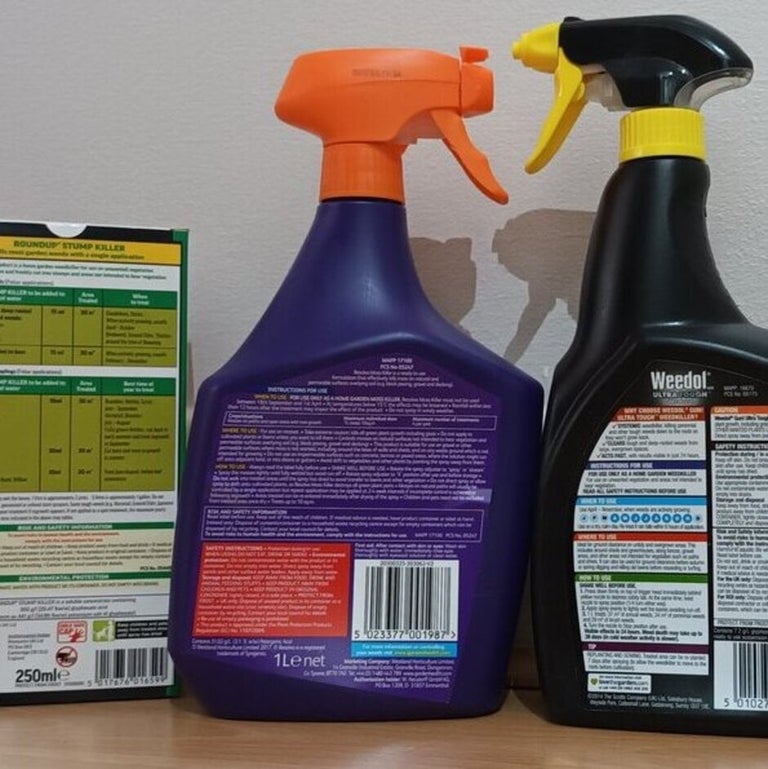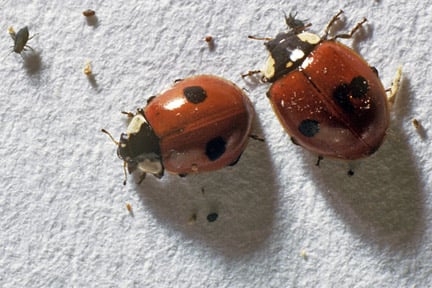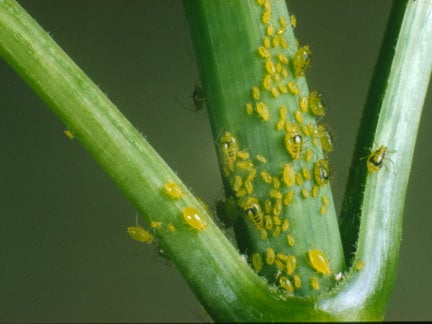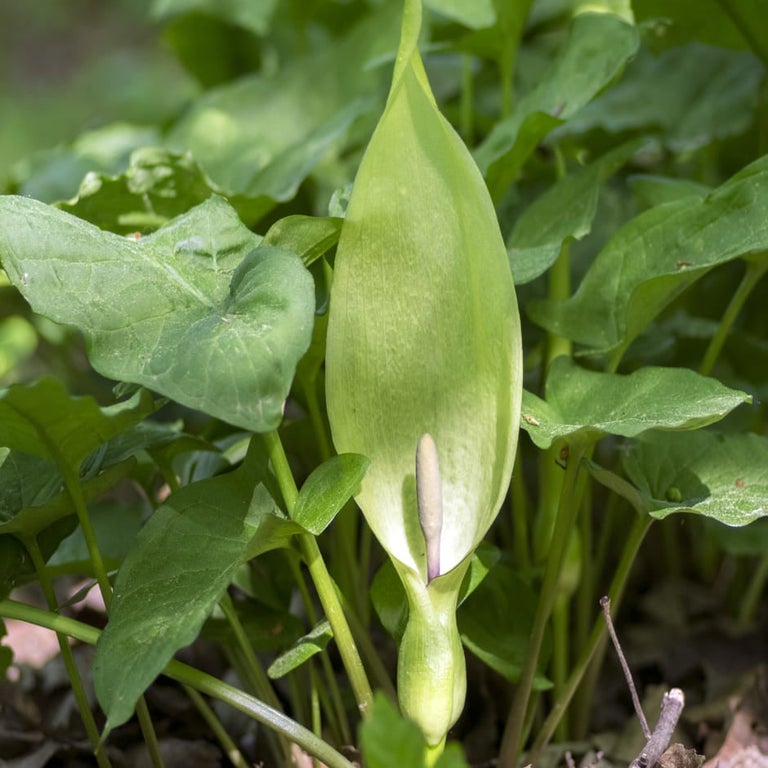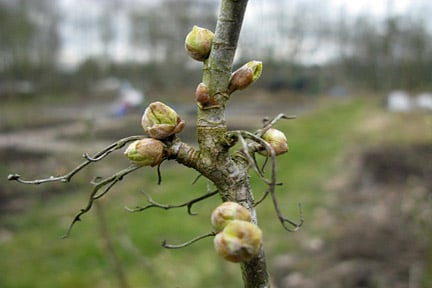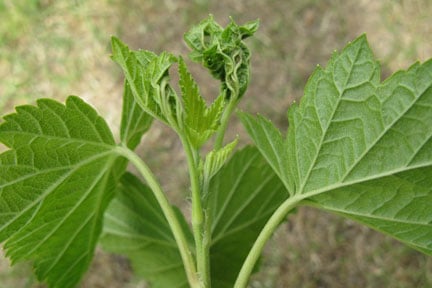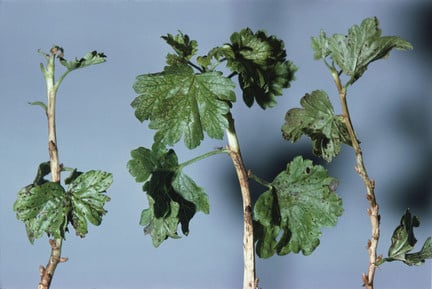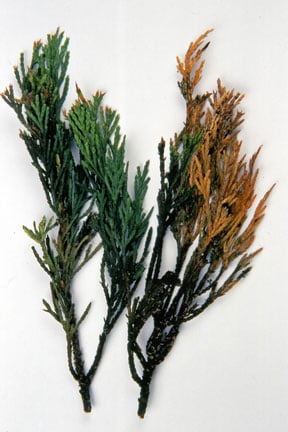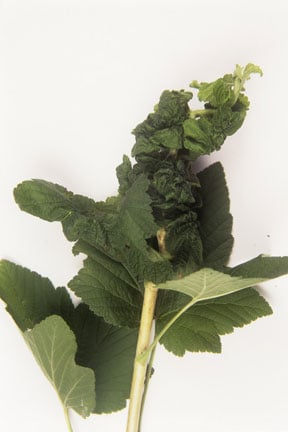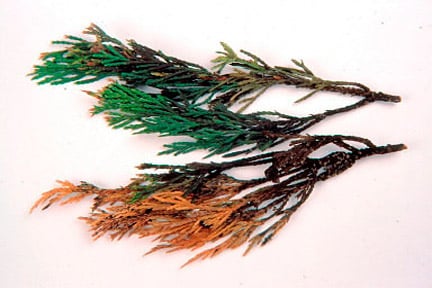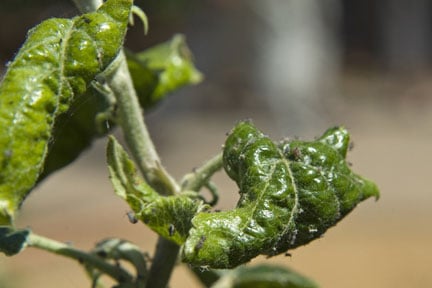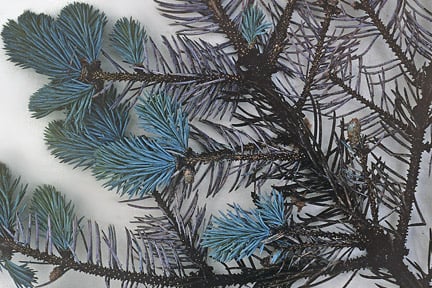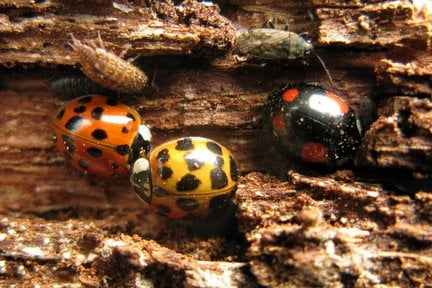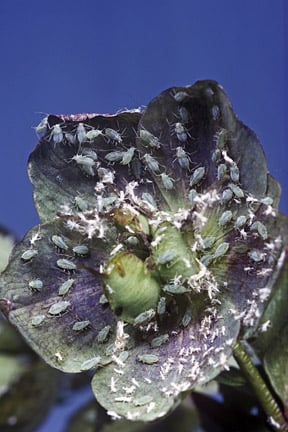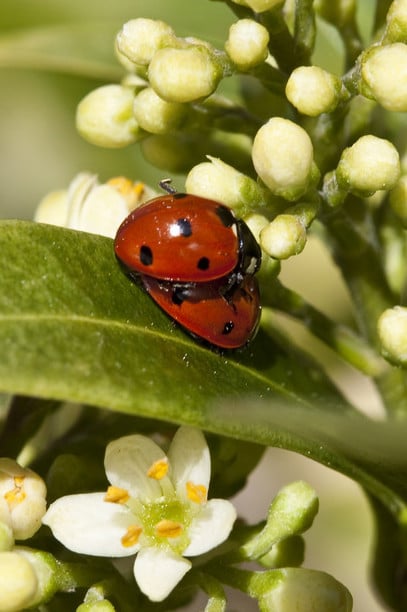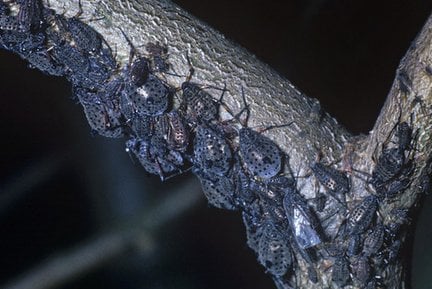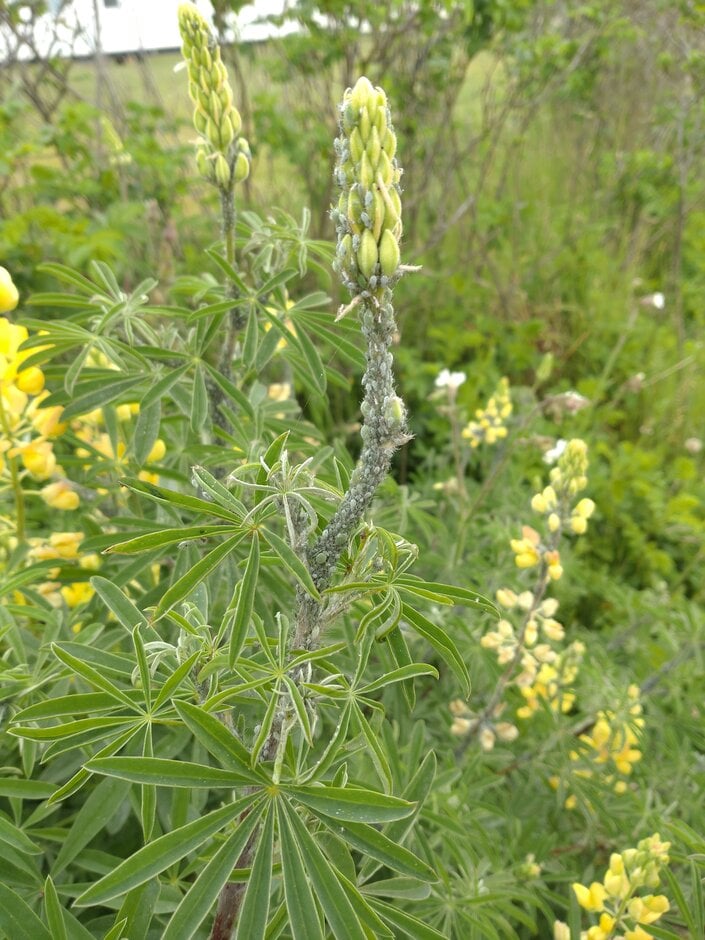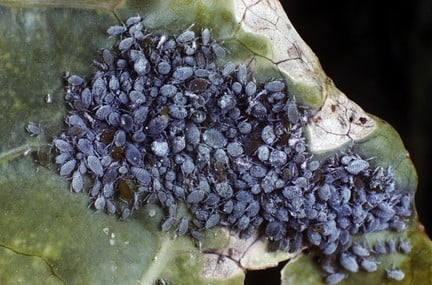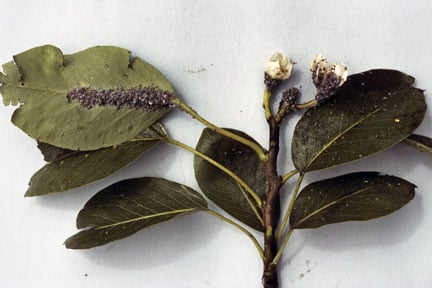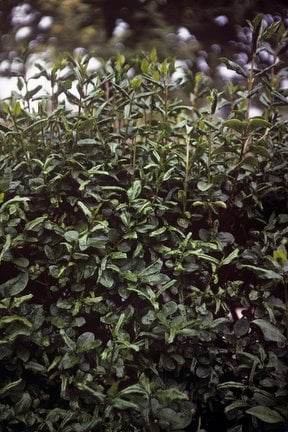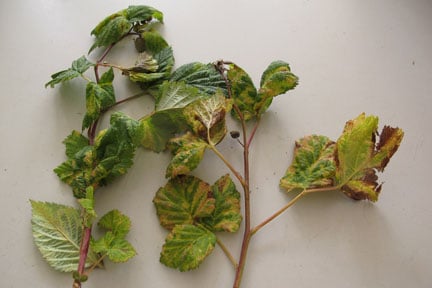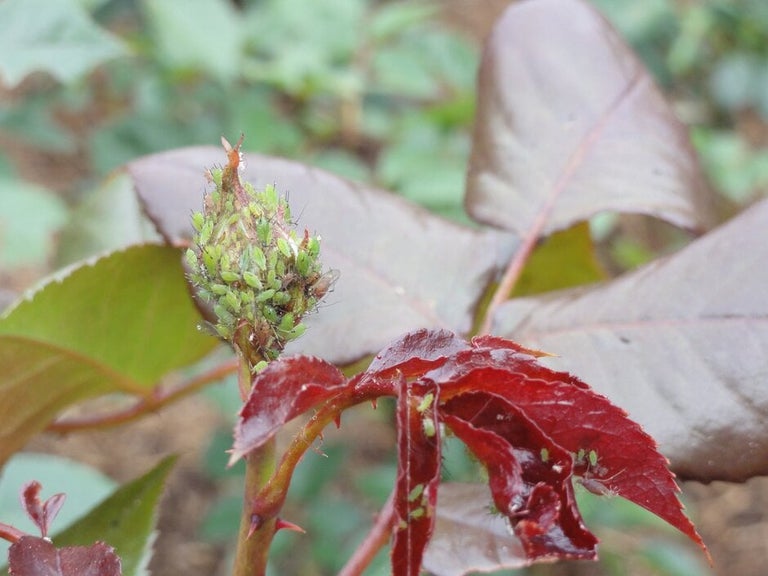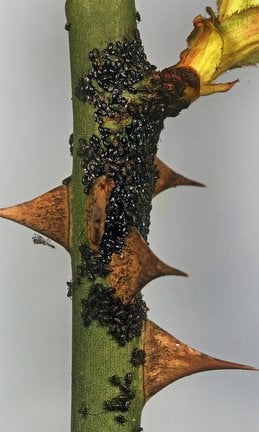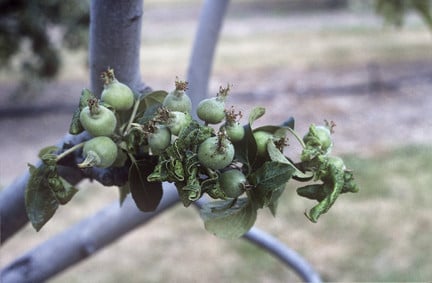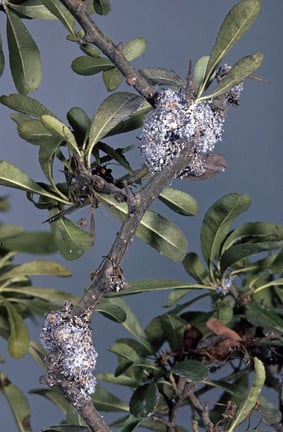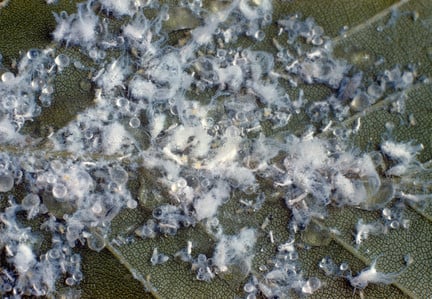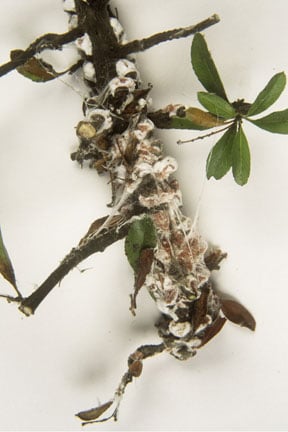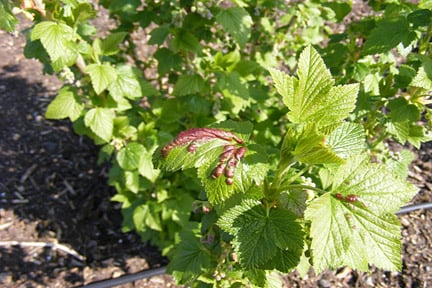
Quick facts
Common name - Currant blister aphid
Scientific name - Cryptomyzus ribis
Plants affected - Red, white and blackcurrants
Main symptoms - Leaves are puckered, often with reddish or yellowish green discolouration. Pale yellow aphids may be seen on the lower leaf surface
Most active - Late April-June
What is currant blister aphid?
Aphids are -sucking true bugs. They range in size from 1 to 7 mm (¼ in or less) long. Some aphids are known as greenfly or blackfly, but there are species that are yellow, pink, white or mottled. There are more than 500 aphid species in Britain. Some feed on only one or two plant species, but others can be found on a wide range of plant hosts. Many have lifecycles that involve more than one host plant. Almost any plant can be a host to aphids, including ornamentals, vegetables, fruits, greenhouse plants and houseplants. More information on aphids.
Currant blister aphid is one of a number of aphids that feed on currants. Is pale yellow and up to 2.5 mm in length. It can be found on the lower leaf surface in early summer and causes leaf distortion.
Symptoms
- Leaves at the shoot tips appear puckered or blistered
- The distorted foliage takes on a reddish or yellowish green discolouration
- Pale yellow aphids can be found underneath the blistered areas in late spring-early summer
- This aphid is a food source for many aphid predators and colonies can be wiped out
Management
Currants affected by blister aphid still make growth and produce a good crop, so treatment is not necessary.
Aphids form the basis of many food chains and it is not unusual to have some of these animals in a healthy balanced garden ecosystem. On established bushes aphids can usually be considered part of the they support, natural enemies will normally reduce numbers during summer.
- Some damage from these aphids can be tolerated with no effects on quality or quantity of yield.
- Encourage aphid predators in the garden, such as ladybirds, ground beetles, hoverflies, parasitoid wasps and earwigs. Be aware that in spring aphid populations often build up before natural enemies are active in sufficient numbers and then give good control
- Check currants frequently from spring onwards so action can be taken before a damaging population has developed
- Use finger and thumb to squash aphid colonies where practical
Biology
Currant blister aphids are pale yellow and live on the underside of the leaves where they feed by sucking . Whilst they feed, they also secrete chemicals into the foliage and this causes puckering, distortion and discolouration. Other species of aphid also occur on currants but they do not produce this characteristic blistering symptom.
Wingless forms of the blister aphid are active on currants from burst until July. After this, round midsummer, winged aphids develop and migrate to the wild flower known as hedge woundwort (Stachys sylvatica). Populations on currants come to an end at that time, although damaged foliage remains visible until leaf fall. The aphids return to currants in the autumn when overwintering eggs are laid.
